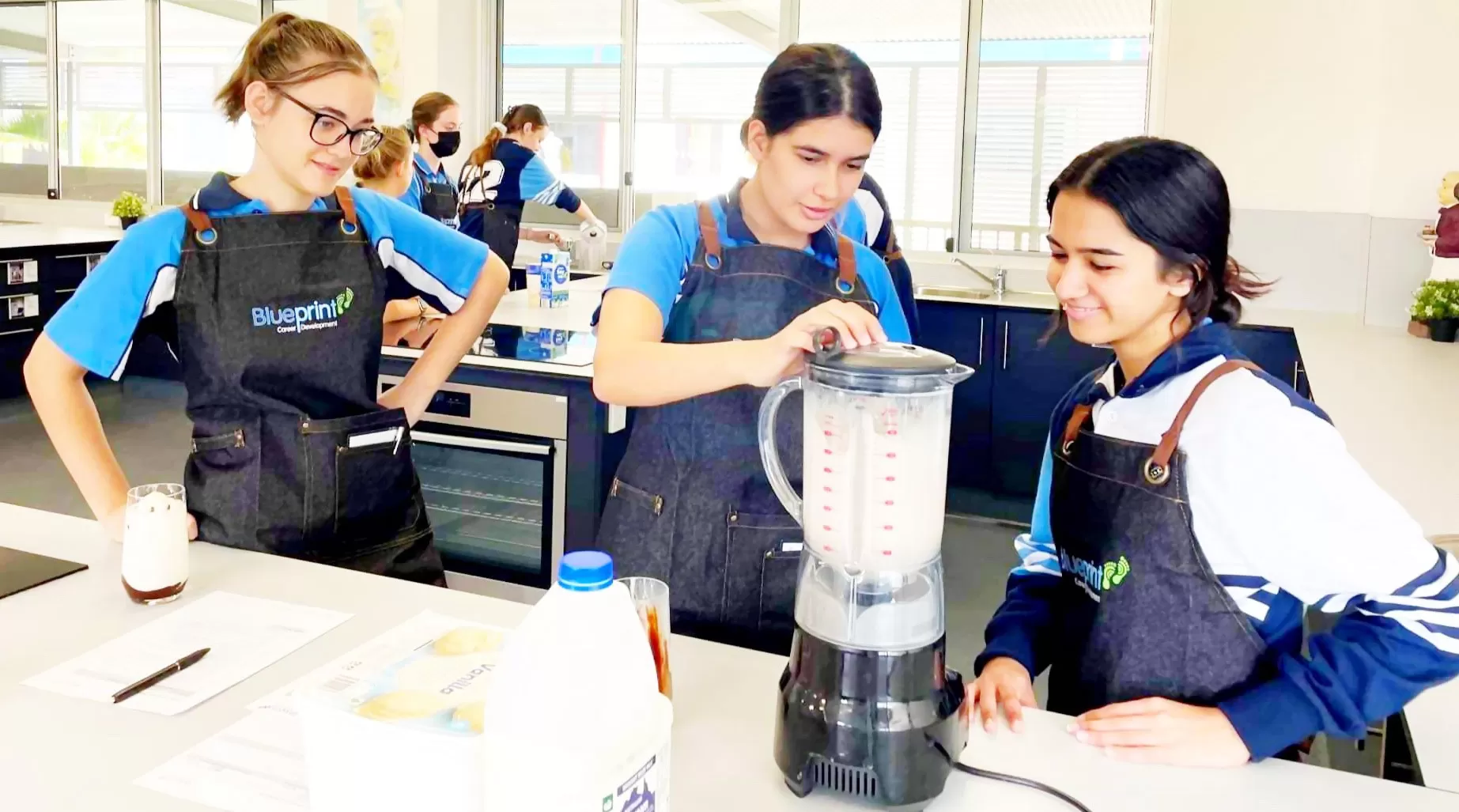Addressing Queensland’s Hospitality Skills Shortage: The Role of Hospitality Studies in Schools
Recent media reports have highlighted a growing concern across Queensland’s hospitality industry—an acute shortage of skilled workers. From bustling restaurants in Brisbane to cafes in coastal tourist towns, many businesses are struggling to find enough qualified staff to meet demand. This shortage affects not only the industry but also the wider community, as hospitality plays a crucial role in Queensland’s economy, particularly in regions reliant on tourism.
While the reasons for this shortage are complex, one solution that has emerged is a greater focus on hospitality studies at the school level. By encouraging students to explore hospitality careers early, schools can play a pivotal role in filling the industry’s skills gap. For students, these studies offer a range of benefits that can open doors to diverse career pathways.
Why is There a Skills Shortage?
Recent events have disrupted many industries, with hospitality taking a particularly hard hit. Lockdowns and travel restrictions forced many businesses to close temporarily, resulting in mass layoffs. Even as the industry recovered, many experienced workers sought more stable employment in other sectors, leaving a significant skills gap.
Another contributing factor is the shift in immigration patterns. Traditionally, international workers filled many hospitality roles in Queensland, particularly in tourist hubs like the Gold Coast and Cairns. However, with fewer international workers arriving post-pandemic, the local workforce is being stretched to its limits.
The Advantage of Hospitality Training in Schools
One key solution to this shortage lies in Queensland’s education system. By promoting hospitality studies including SIT20322 Certificate II in Hospitality in schools, students can gain valuable skills and knowledge that are immediately applicable and recognised in the workforce. Here are some key advantages:
Hands-On Learning Experience
Hospitality at school provide students with practical, hands-on experience. Whether it is learning how to prepare and serve coffees, food, managing bookings, or provide excellent customer service, students are immersed in real-world scenarios through industry experience and trainers who have worked in the industry for many years. This gives them a solid foundation of skills that are highly sought after by employers, enabling them to enter the workforce with confidence.
Early Career Pathways
For many students, SIT20322 Certificate II in Hospitality is an introduction to a rewarding and diverse career path. Whether they aspire to work as chefs, event planners, or hotel managers, studying hospitality at school can provide a clear pathway to achieving those goals. It can also be a stepping stone to further studies, such as apprenticeships or university degrees in tourism and hospitality management.
Job Readiness
One of the major advantages of SIT20322 Certificate II in Hospitality is that it equips students with skills they can use right away. Queensland’s thriving tourism sector means there is always demand for workers in hotels, cafes, restaurants, and resorts. By completing hospitality studies at school, students increase their job prospects, even before they graduate. They can take on part-time or casual work in the industry, gaining valuable experience while still studying.
Addressing the Local Skills Gap
The hospitality skills shortage is not just a national issue; it is deeply felt in local Queensland communities. By focusing on training local students, schools can help address the shortage of workers in areas where tourism and hospitality are vital industries. Encouraging students to consider hospitality as a career choice can also have long-term benefits for Queensland, as a well-trained workforce will help support the state’s economic growth.
Opportunities for Queensland Schools
There are already some promising initiatives in place across Queensland. Many high schools offer vocational education and training (VETiS) programs in hospitality, giving students practical experience in real work environments. Partnerships between schools and local businesses allow students to gain insights into industry expectations and develop the soft skills, such as teamwork and communication, that are essential for success. This is where Blueprint Career Development can help – bringing the partnerships to life and ensuring the training is nationally recognised and respected by industry.
Up, up, and away…
As Queensland’s hospitality industry faces a significant skills shortage, there is an urgent need for local solutions. By offering hospitality in schools, Queensland can develop a new generation of skilled workers ready to step into the industry. Not only does this provide students with exciting career opportunities, but it also ensures that the state’s economy remains strong as the demand for tourism and hospitality services continues to grow.
For students considering their future, studying hospitality offer a unique blend of practical skills, career prospects, and job readiness. For the industry, investing in local talent may be the key to overcoming its current challenges.
Hospitality sector grapples with severe skills shortage on top of cost of living spending slump - ABC News
https://blueprintcd.com.au/vet-in-schools
https://blueprintcd.com.au/courses/hospitality
https://blueprintcd.com.au/courses


